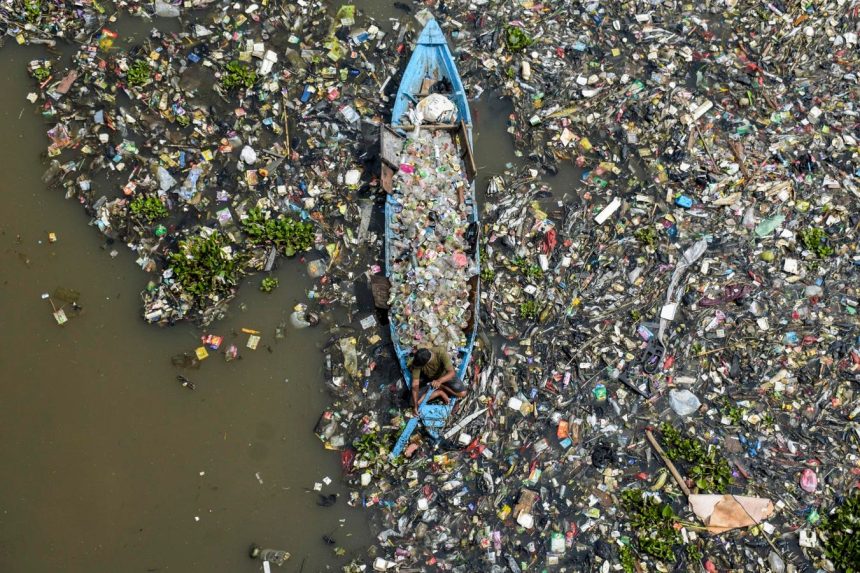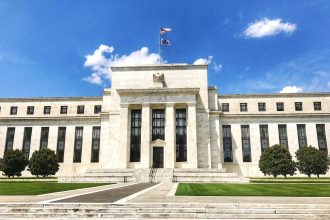The collapse of the plastics treaty talks in Geneva was disappointing, but not surprising. Building global consensus on an issue as complex and politically charged as plastic was always going to be difficult. The more important question is: what happens to all the momentum that’s been building over the last three years?
The answer is that it won’t disappear. It will shift.
Beyond the false binary
In Geneva, the debate stalled on a false choice: cap production or manage waste. That misses the point.
There’s no single solution to plastic pollution. Reducing production, expanding reuse, and redesigning products are all critical. And the fastest way to accelerate progress today is to focus on areas we know can work: Scaling recycling within a circular economy — turning used plastic back into feedstock, cutting reliance on virgin inputs, and designing waste out of the system.
Two policies stand out for their ability to deliver results now: Extended Producer Responsibility (EPR) and Mandatory Recycled Content (MRC). Together, they align incentives, reshape markets, and unlock investment.
India shows how. EPR rules, introduced more than a decade ago, boosted collection but left recycling lagging behind. The real shift came in 2022, when the government added MRC targets for rigid plastic packaging — 30% by 2025 and 60% by 2028. That single move triggered a wave of change. Food-grade rPET capacity has jumped from near zero to roughly 330,000 tonnes a year, enough to supply packaging for more than half the country’s beverage sector. Long-term brand-recycler contracts are now common. Recyclers are investing in food-grade lines and traceability systems once deemed too capital-intensive. And the market has pivoted from export-heavy to primarily domestic, strengthening local supply chains.
Just as important, capital is following. Policy certainty has unlocked real investment in recycling infrastructure, demonstrating that regulation can reshape markets.
The story is still unfolding. The real test will be whether private sector demand and government enforcement keep pace with the capacity now coming online. The government’s EPR portal is an important step toward stronger accountability, and with consistent implementation, today’s momentum can translate into lasting change. India shows what’s possible when clear rules meet market appetite, and why follow-through matters as much as ambition.
Momentum doesn’t disappear
The negotiations may have failed, but three years of talks built enormous energy across governments, corporates, investors and civil society. That momentum doesn’t vanish overnight. It looks for new outlets.
We should expect to see “coalitions of the willing” take the lead: governments, regions, companies, and investors that decide to move ahead at the national level.
What to watch now
- Countries and regions doubling down on their own EPR and MRC frameworks, from the EU’s single-use plastics directive to India’s mandatory recycled content rules to Colombia’s packaging targets. These policies are creating the certainty markets need and setting the pace where global consensus failed.
- Corporates reframing broad sustainability pledges into targeted supply chain strategies, embedding recycled content and responsible sourcing into procurement. I wrote about this shift in more detail here. If delivered, these commitments can give recyclers the offtake certainty required to scale.
- Investors channeling capital into the infrastructure that makes circular supply chains possible, from recycling PET and flexibles to alternative solutions, and particularly in the regions where both the need and opportunity are greatest, such as South and Southeast Asia and Latin America.
These are the levers that actually deliver results. They don’t require waiting for another negotiation round or a perfect global agreement.
Progress despite politics
Sometimes progress happens despite politics, not because of it. The outcome in Geneva is a setback, but it also sharpens our focus.
We already know what works. EPR and MRC can move the needle today, within a broader push toward circularity and reduced plastic at the source. The policies, demand, and capital are there. The question is whether we’ll back them at the scale the problem demands.
Read the full article here
















